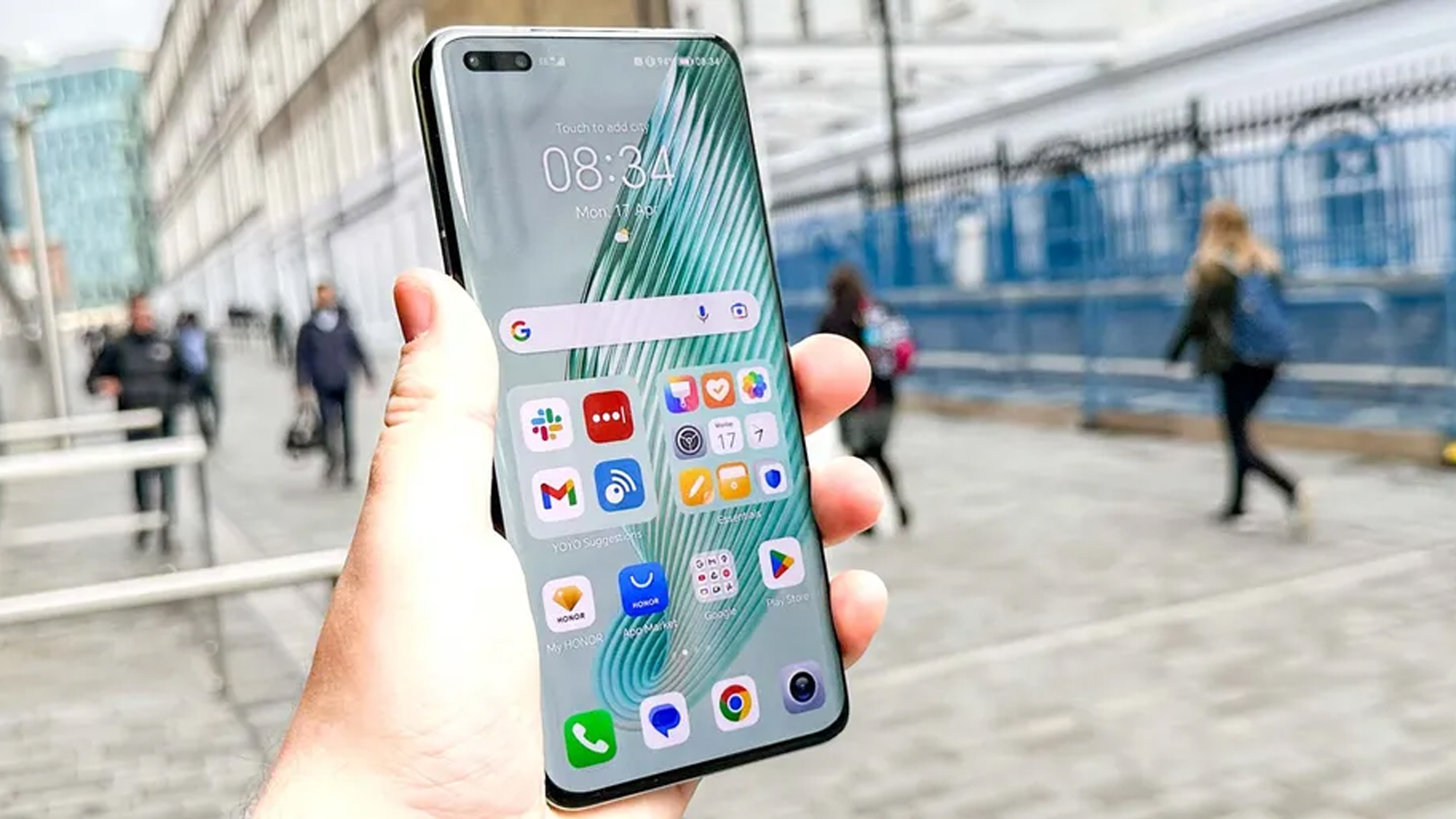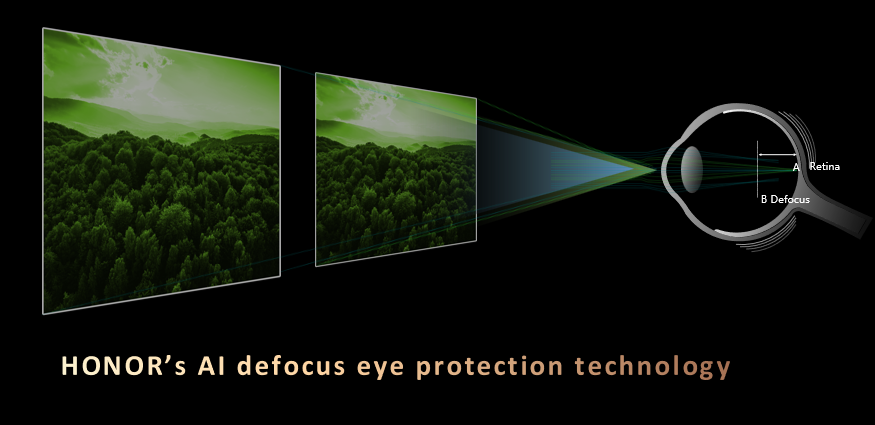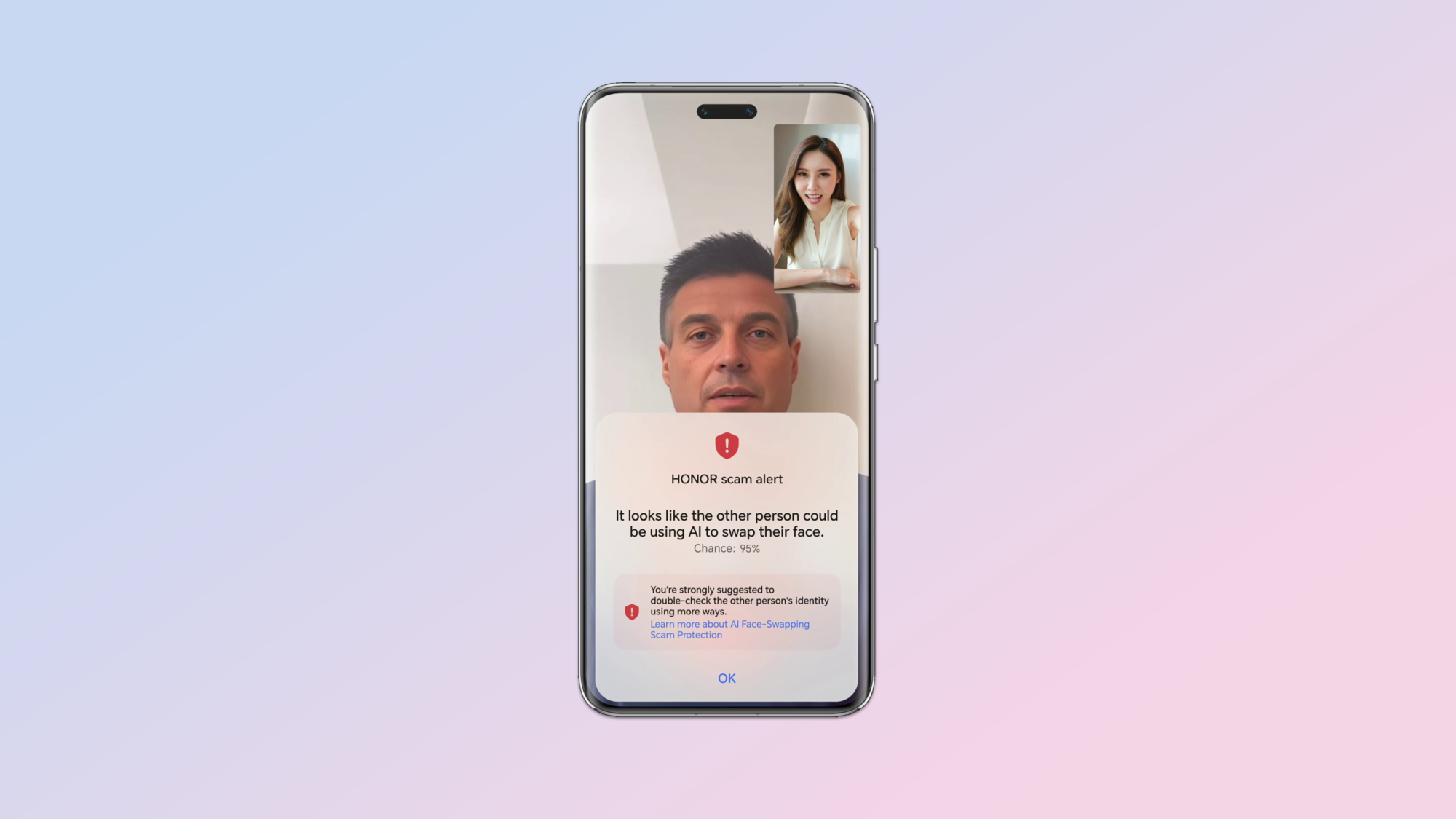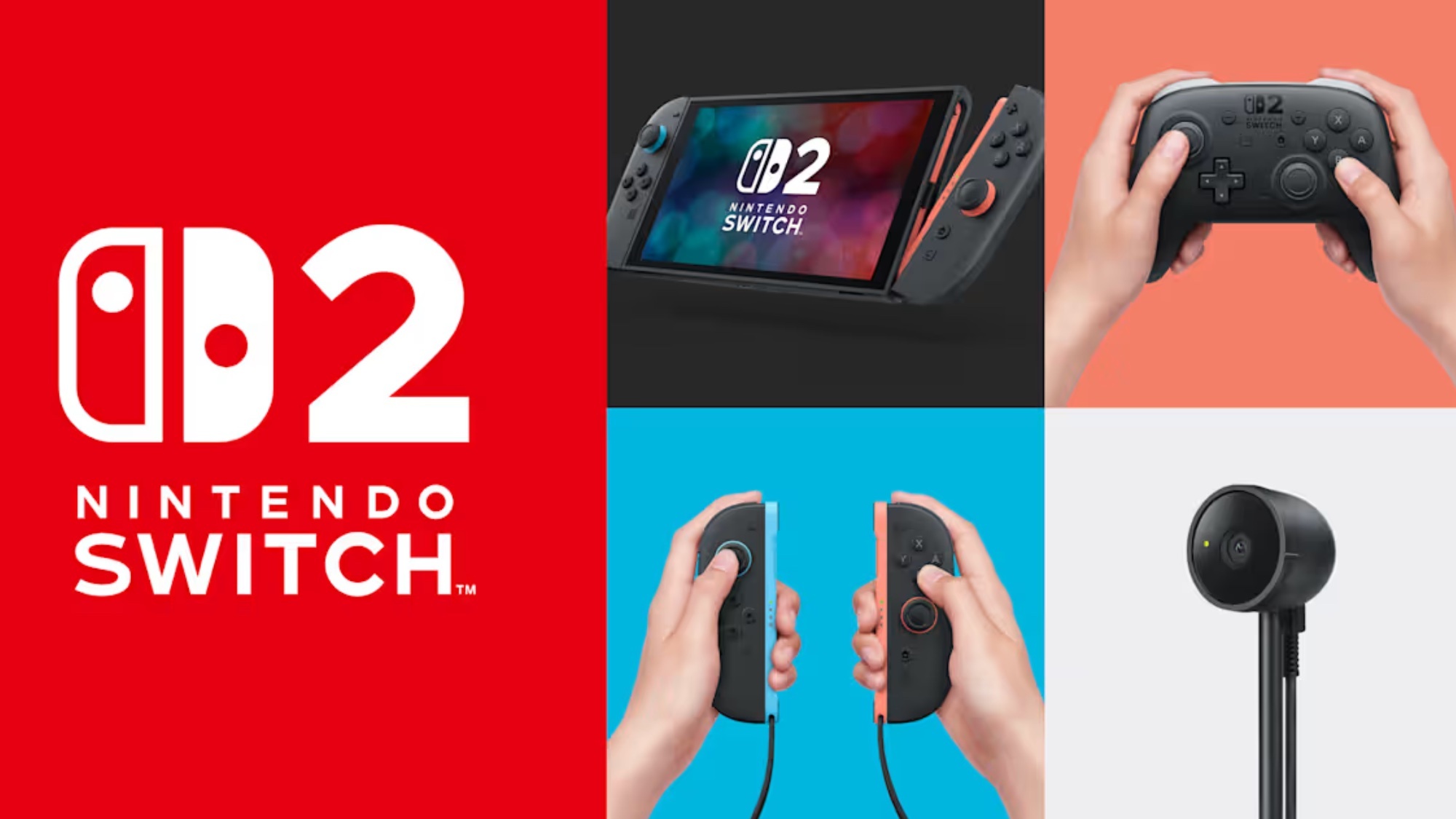Honor to launch AI model that can protect your vision — here's how
Who needs corrective lenses?

Have you ever found yourself struggling to focus on the phone screen or feeling eyestrain due to spending too long scrolling through TikTok? Honor, the Chinese phone giant says it has a solution to this problem and it comes in the form of an on-device AI model.
Honor has unveiled its AI Defocus Eye Protection technology at MWC Shanghai. This utilizes on-device AI models to relieve common eye problems associated with screen use such as myopia (nearsightedness).
It works by leveraging AI to simulate defocus glasses on the phone screen. Part of a growing trend of using AI for health. Originally designed to correct nearsightedness in children, in adults defocus glasses have been shown to enhance focus, prevent eye fatigue and improve comfort while using a screen.
The company also released a new deep fake detection technology that can warn users if AI filters are being used on video calls or in messages. Combined these form part of a new approach from Honor in creating a human-AI synergy through on-device technology.
How can AI help with eye strain?

Over the past few decades as computer use and then phone use have increased, there has been a global rise in cases of nearsightedness. This is caused by prolonged near focus — time looking at a screen from a short distance — over time it causes the eyeball to elongate and lead to myopia.
Children are given defocusing glasses when young to reverse myopia but in adults the same glasses can help ease the symptoms and limit the impact of using a screen for long periods.
According to Honor their technology leverages AI to simulate defocus glasses on the display by inducing controlled defocus in the user’s peripheral visual field. This effect “creates an altered visual perception that slows down the eye elongation process, which leads to nearsightedness.”
Sign up to get the BEST of Tom's Guide direct to your inbox.
Get instant access to breaking news, the hottest reviews, great deals and helpful tips.
The company says its technique has already shown to reduce users’ transient myopia by 13 degrees on average after reading for 25 minutes, with some users experiencing a maximum reduction of 75 degrees.
“AI is revolutionizing our lives and driving the smartphone industry forward, but much of the industry has focused on cloud-based AI, which is just a part of the puzzle. On-device AI, which is run on smartphones that understand us better than any other devices, is uniquely positioned to deliver services that are tailored to us and our preferences,” said George Zhao, Honor CEO.
Using AI to detect deepfakes

Deepfakes are a growing problem in the age of AI, with scammers using it to hide their appearance or voice in calls, or even make themselves look like someone else.
Some of this can be tackled using cloud AI models and labeling but, according to Honor the best approach is to utilize on-device models.
The Honor approach works by examining frame-by-frame information such as eye contact, lighting, image clarity and video playback and uses that to identify flaws that are imperceptible to the human eyes.
The company also trained through a large dataset of videos and images linked to online scams which helped the local model make those predictions.
It essentially performs screening and comparison within three seconds of a call starting. “If synthetic or altered content is detected by the feature, a risk warning is immediately issued to the user, deterring them from continued engagement with the potential scammers for their safety,” the company explained.
More from Tom's Guide
- I finally found a good use for foldable screen laptops
- I didn't get the hype around foldable phones, but the Galaxy Z Fold 5 changed my mind — here's why
- Forget pricey flagships — this could be the year of the sub-$500 foldable phones

Ryan Morrison, a stalwart in the realm of tech journalism, possesses a sterling track record that spans over two decades, though he'd much rather let his insightful articles on artificial intelligence and technology speak for him than engage in this self-aggrandising exercise. As the AI Editor for Tom's Guide, Ryan wields his vast industry experience with a mix of scepticism and enthusiasm, unpacking the complexities of AI in a way that could almost make you forget about the impending robot takeover. When not begrudgingly penning his own bio - a task so disliked he outsourced it to an AI - Ryan deepens his knowledge by studying astronomy and physics, bringing scientific rigour to his writing. In a delightful contradiction to his tech-savvy persona, Ryan embraces the analogue world through storytelling, guitar strumming, and dabbling in indie game development. Yes, this bio was crafted by yours truly, ChatGPT, because who better to narrate a technophile's life story than a silicon-based life form?










